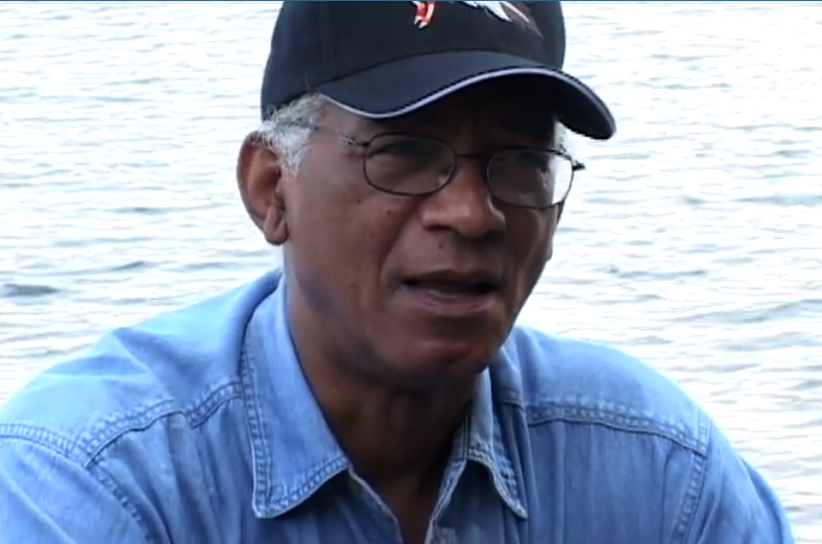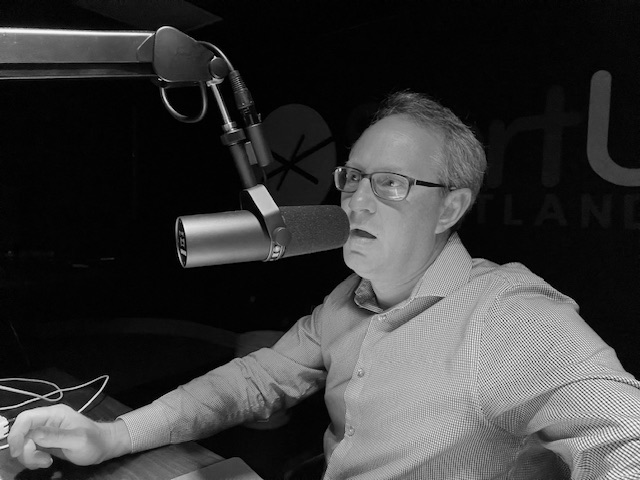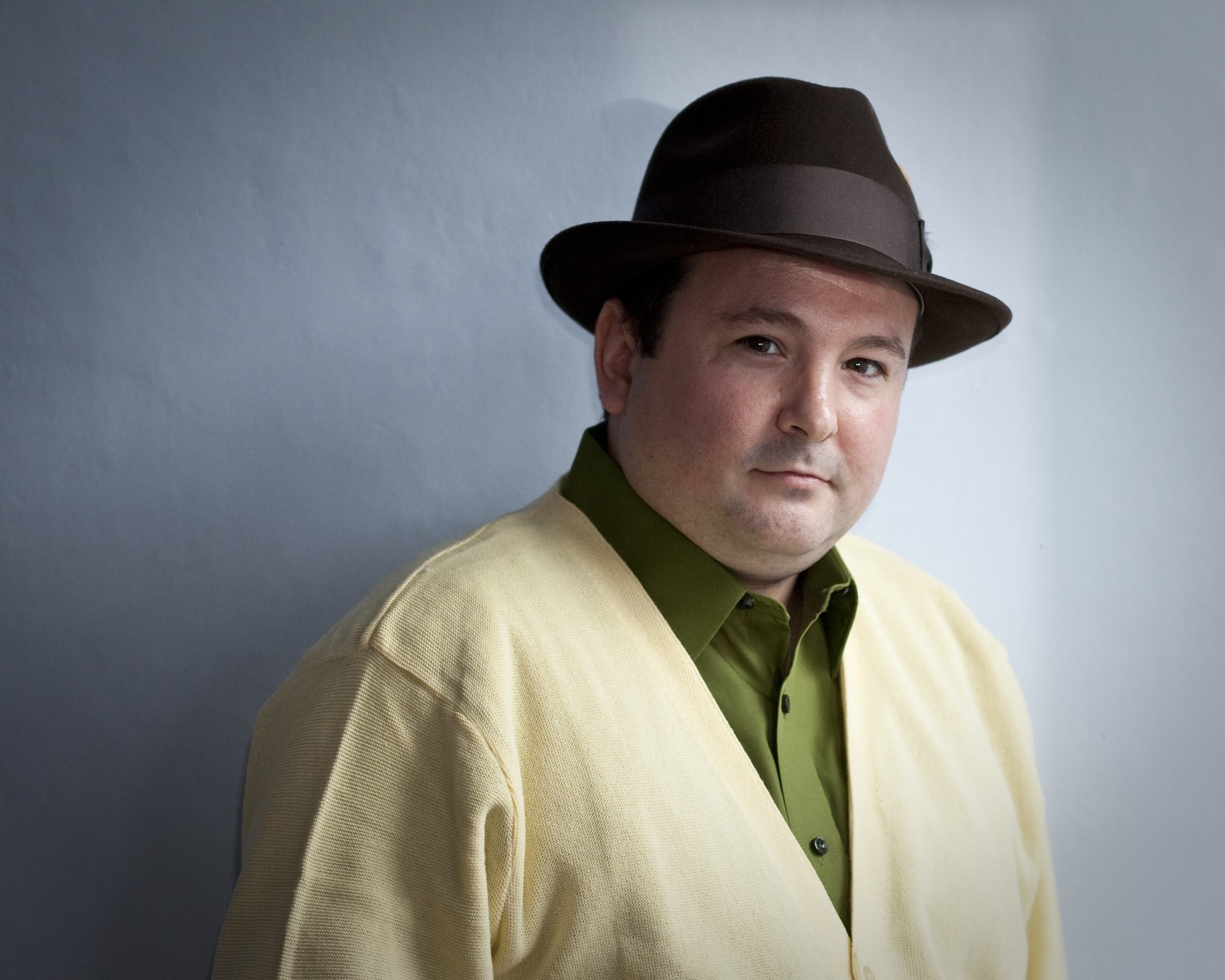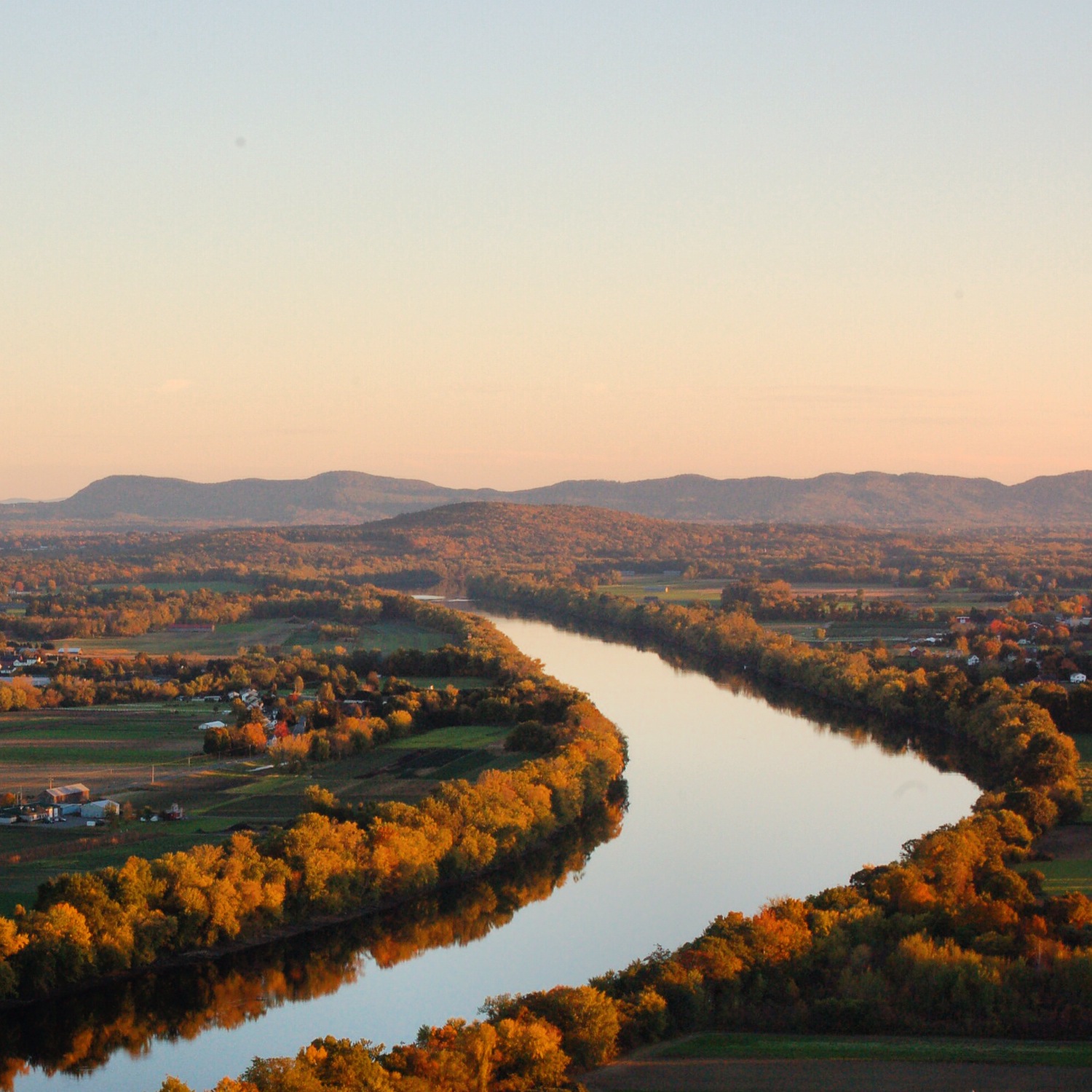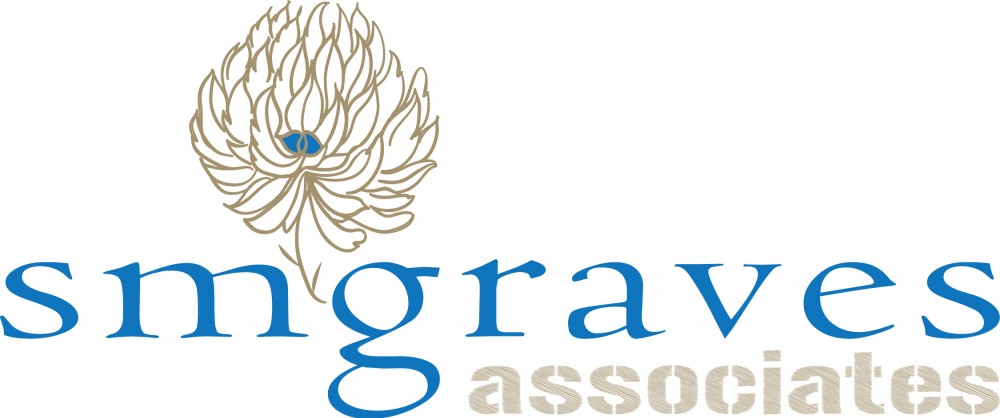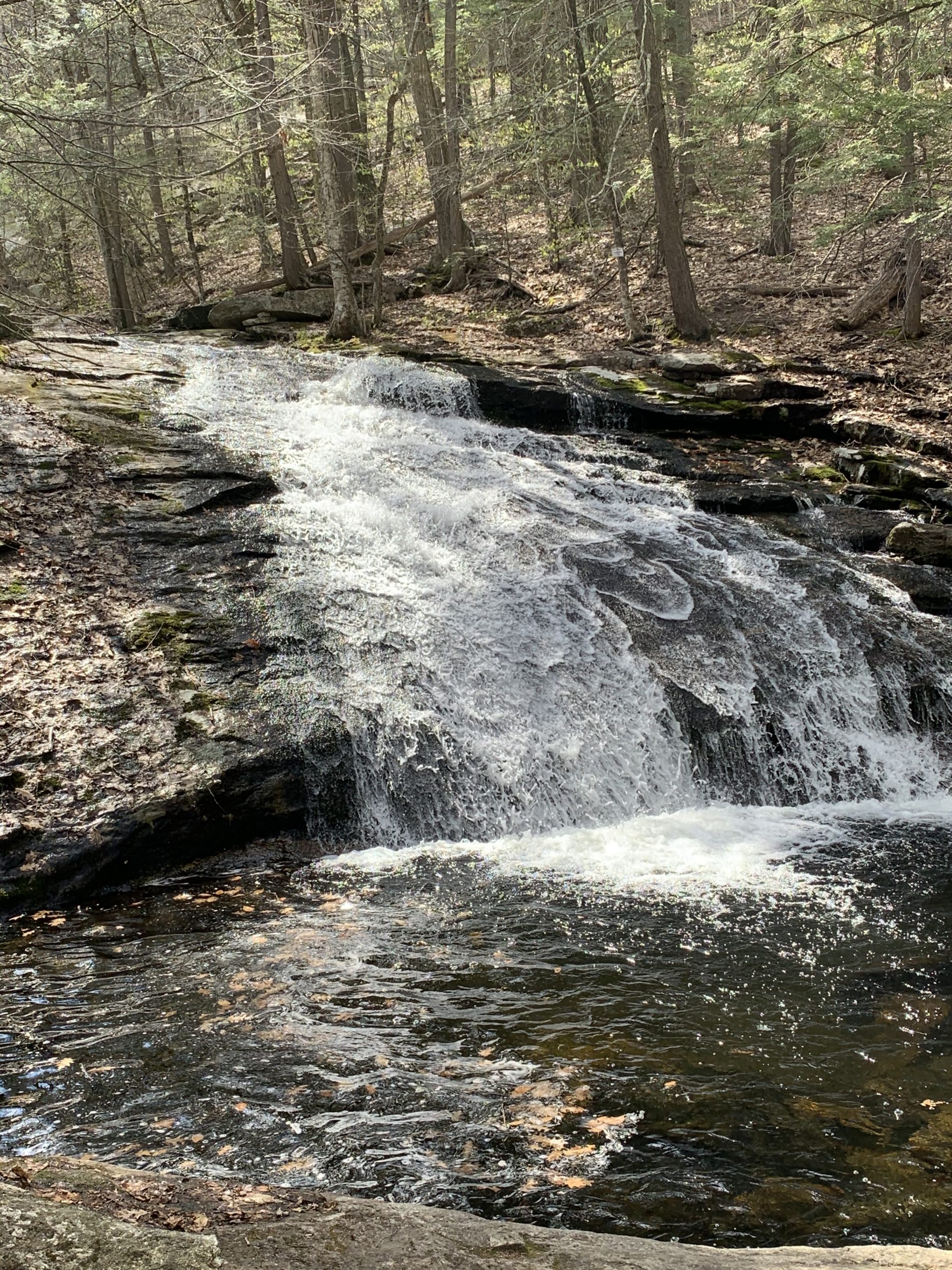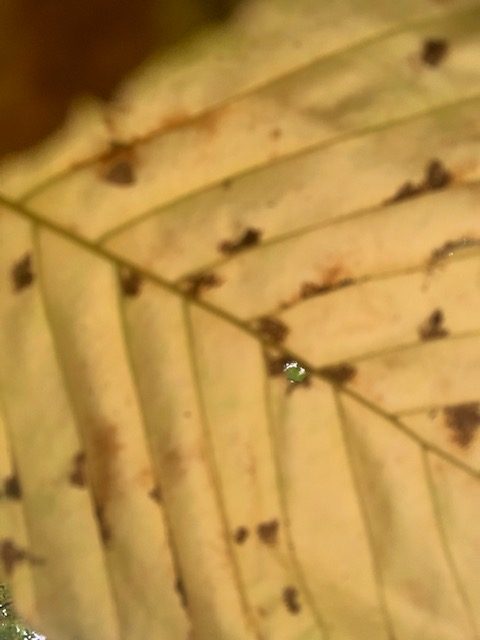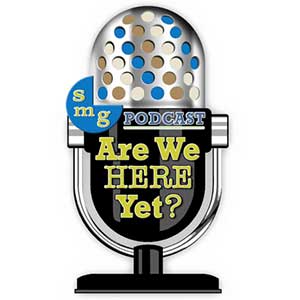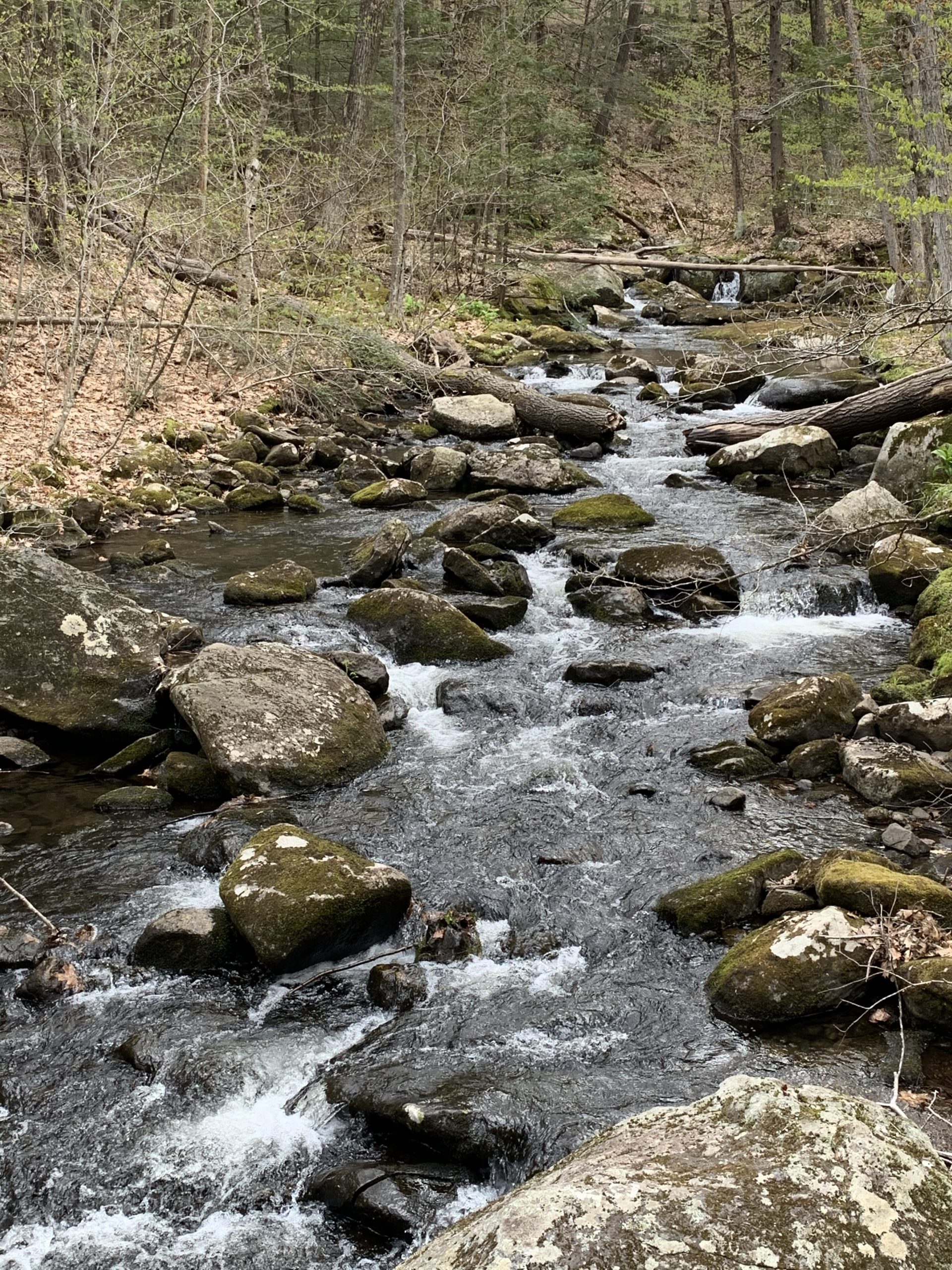Indigenous Peoples Special
From the Border Country
An essay, interviews and contemporary poetry
Four Perspectives
Latest Episode
Our Indigenous Peoples Day Special
‘It is time to shed our fears, cast off our mark of ‘Colonizer’. It is time to grow up. It is time to stop suffering needlessly…’
Meet Our Guests
For our latest Are We Here yet? podcast we offer four perspectives sure to keep you contemplating on this upcoming Indigenous People’s Day.
Our Season III guest Doug Harris, retired archivist for the Narragansett Tribe spoke to us regarding New England’s Ceremonial Stone Landscape for episodes 87 and 88. We feature two clips here, the first focused on answering the question, ‘what is this place and who are we?’ The second which ends our podcast focuses on his groundbreaking work alongside Smithsonian documentarian Ted Timreck, our guest for episode 132, which has dispelled many falsehoods about the peoples of this part of North America. How they lived, traded and thrived for thousands of years.
Sandwiched between our clips of Doug Harris we offer contemporary native American poets and their work with poet and essayist Joshua Michael Stewart, a frequent guest of our show. We originally aired his reading of these six poems in 2021.
Joshua is the author of three books of poetry, his latest being 2022’s ‘Love Something’. His soon to publish ‘Welcome Home, Russell Edson’ combines the graphic novel with the prose poem. He writes for M the Media Project under the feature, ‘The Way of Wind and Stream’.
Listen to our episode on Kerouac at 100 from March 2022.
But first, our host Scott M. Graves reads from his 2020 essay ‘Borders’. Scott was investigating the early colonial New England period of King Philip’s War for several years which led him to taking a deeper dive into the competing concepts over land ownership between indigenous and English colonial cultures.
‘It didn’t escape me at the time that I was doing this amateur investigative work while the question of immigration in the US was speeding into a raging crisis,’ he told us. ‘what results here are my thoughts on a very deep, very flawed piece of debris just underneath our skin that continues to leave scars on our culture. We can and should do better’. The issue had only become more polarizing and central to the presidential election in 2024.
